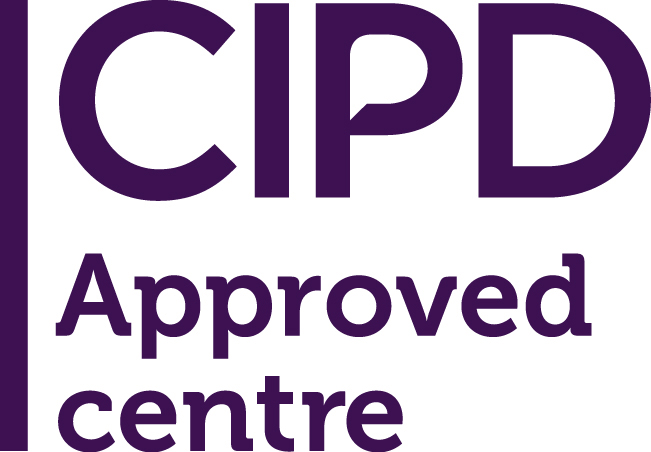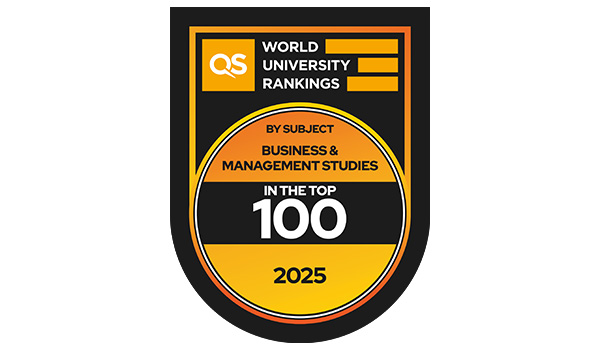You will gain access to essential resources designed to support your postgraduate studies and the development of your professional skills. You will critically evaluate your own strengths and areas for growth, while exploring key competencies such as leadership, ethical decision-making, and strategic thinking. Through interactive workshops and skills-based activities such as role plays, you will engage in reflective practice, enhance your self-awareness, and strengthen your emotional intelligence. You will develop your abilities related to human resource management in practice, including negotiation and performance appraisal.
The module is designed to have a positive impact on your performance throughout the wider programme. If you are registered for the CIPD qualification, full participation in the module and completion of all associated assessments is a compulsory requirement.
The dissertation represents the culmination of your year’s work. It provides an opportunity to explore a specific area of interest in depth through a sustained period of independent study, supported by your supervisor. You are encouraged to choose a topic that aligns with your career ambitions, enabling you to demonstrate your subject expertise and showcase your skills to prospective employers. This project also provides a valuable opportunity to enhance your research abilities and intellectual powers.
The most common format is an organisational research project. This typically involves a case study and live fieldwork within a particular organisation. The dissertation is designed to support your development as an independent researcher and deepen your understanding of key HR issues in your chosen area.
This module invites you to rethink what work and people management really mean in organisations. Over the year, we will explore how Human Resource Management (HRM) emerged from earlier models of personnel management and how it shapes working lives and workplace cultures in profound ways today.
You will engage critically with seemingly straightforward questions such as:
- What is the value of work?
- How much commitment, creativity or employee engagement can be expected or demanded?
Through topics like recruitment, performance management, wellbeing and the globalisation of work, you will discover how HRM reflects and impacts the complex relationship between individuals and work organisations. The module combines theory with practical experiences, including a visit to the Chartered Institute of Personnel and Development (CIPD) in Manchester. It will equip you to navigate HR practices and understand the cultural beliefs that underpin them in modern organisations.
In this module we explore the challenges and opportunities companies face when managing a diverse workforce across national borders. You will develop a critical understanding of the employment relationship in the context of globalisation.
Throughout the module, you will engage with key theoretical concepts and debates, including the evolving nature of employee relations, employee voice, involvement, and participation. You will also examine how institutional and cultural contexts shape the development and implementation of HR policies and practices.
From global talent management to the development of effective communication channels, you will gain the skills and confidence to navigate the complexities of international business environments. We will also explore digital transformation and workforce mobility to highlight their impact on inclusive, ethical, and responsible people management in global organisations.
You will develop a critical understanding of the complex relationships between organisation, work and technological change, their conceptual underpinnings and their strengths and weaknesses. The interdisciplinary nature of the module allows us to explore a wide range of topics, including organisational structures and design choices, such as bureaucracy and networking.
By the end of the module, you will understand the challenges of managing in an era of rapid and far-reaching technological and social changes. You will engage with several key contemporary concerns, including:
- managerial control,
- technological change
- leadership and management ethics.
These topics will be viewed through the lenses of current debates in social theory, management and organisation studies.
This module introduces key principles and practices for conducting research in business contexts. You will be guided through the full research process, from examining the nature and limits of managerial knowledge to developing a viable research proposal. This includes writing a literature review, designing an appropriate methodology, conducting research, and analysing findings.
Emphasis is placed on how research design is informed by assumptions about the nature of knowledge. You will explore different research methods and evaluate which ones are most suitable for different research questions and organisational concerns. The module promotes reflexivity and methodological awareness, helping you make ethical and well-informed decisions throughout your own research.
By the end of the module, you will be able to produce a coherent, academically grounded research proposal and demonstrate a nuanced understanding of how methodological decisions are embedded in wider philosophical assumptions and practical business contexts.







